Saudi forces arrest renowned Pakistani Shia scholar while performing Umrah Hajj
Saudi regime forces have arrested a prominent Pakistani Shia Muslim cleric in the holy city of Mecca while he was performing the Umrah Hajj (minor pilgrimage), as the House of Saud is pressing ahead with a heavy-handed crackdown against members of the religious community.
A Twitter post published on Friday announced that the secretary general of Pakistan’s Shia Ulema (Scholars) Council and a senior official of Islami Tehreek Pakistan (ITP) political party had been detained in the kingdom.
The post did not provide any reasons for Syed Nazir Abbas Taqvi’s arrest; however, he could be seen in a picture holding a flag at the courtyard of the Masjid al-Haram – Islam’s holiest site, bearing the name of Imam Ali ibn Abi Talib (AS), the first Shia Imam, in Arabic.
Many social media users took to Twitter, Facebook, and other social media platforms as soon as the news of Taqvi’s detention broke, demanding his immediate and unconditional release.
They also called on Pakistani authorities, including the Foreign Office, to ensure the release of the renowned Shia Muslim scholar.
Saudi Arabia has stepped up politically-motivated arrests, prosecution, and conviction of peaceful dissident writers and human rights campaigners, in particular in Shia-populated and energy-rich Eastern Province.
On February 7, Saudi Arabia’s so-called Specialized Criminal Court handed down death sentences to Ali Muhammad al-Rabea and Ali Hassan al-Safwani on trumped-up terrorism charges.
This is while the Saudi prosecutor’s office had earlier called for a 20-year prison sentence as well as a travel ban to prevent them from leaving the country, according to a report by the European Saudi Organization for Human Rights.
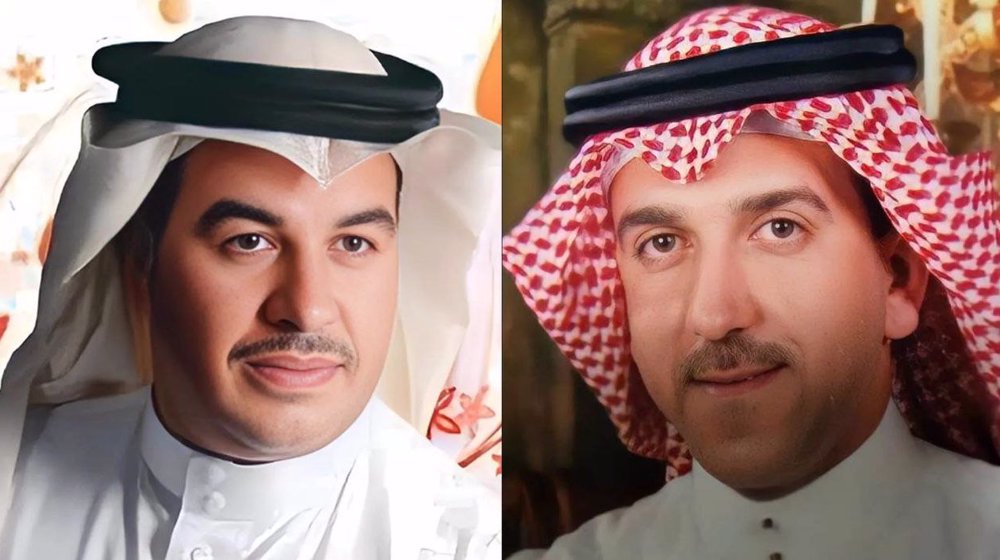
Rabea has been falsely accused of being a member of a terrorist organization, supporting a terrorist ideology, helping and sheltering a number of terrorists and providing them with food, using information networks and social networks, and plans to contact terrorists.
He was arrested on February 7, 2021, after Saudi forces attacked his house without a warrant. The has been held in solitary confinement and denied contact with his family.
Safwani has also been accused of being a member of a terrorist organization, supporting terrorist ideology, and aiding and abetting a number of terrorists.
Both of them have already rejected the accusations leveled against them, and said they were forced to confess without having access to a lawyer.
Saudi Arabia's Shia-populated and energy-rich Eastern Province.has been the scene of peaceful demonstrations since February 2011. Protesters have been demanding reforms, freedom of expression, the release of political prisoners, and an end to economic and religious discrimination against the region.
The protests have been met with a heavy-handed crackdown, with regime forces increasing security measures across the province.
Ever since Mohammed bin Salman became Saudi Arabia’s crown prince and de facto leader in 2017, the kingdom has arrested dozens of activists, bloggers, intellectuals, and others perceived as political opponents, showing almost zero tolerance for dissent even in the face of international condemnations of the crackdown.
As a result, Islamic scholars have been executed, women’s rights campaigners have been put behind bars and tortured, and freedom of expression, association, and belief continue to be denied.
Over the past years, Riyadh has also redefined its anti-terrorism laws to target activism.
In January 2016, Saudi authorities executed Shia cleric Sheikh Nimr Baqir al-Nimr, who was an outspoken critic of the Riyadh regime. Nimr had been arrested in Qatif in 2012.
Iran elected vice-chair of UN Commission for Social Development
Historic gold for Iran as teen fencer wins World Cup title
VIDEO | Paris celebrates 47 years of Islamic Revolution in Iran
VIDEO | Killed twice: Palestinian-Americans and the price of silence
VIDEO | Pakistan slams US for publishing map depicting Kashmir as part of India
VIDEO | India-US trade deal faces protests from unions, opposition
VIDEO | 44th Fajr film festival closes with award ceremony in Tehran
North Korea warns of 'terrible response' to drone incursions from South


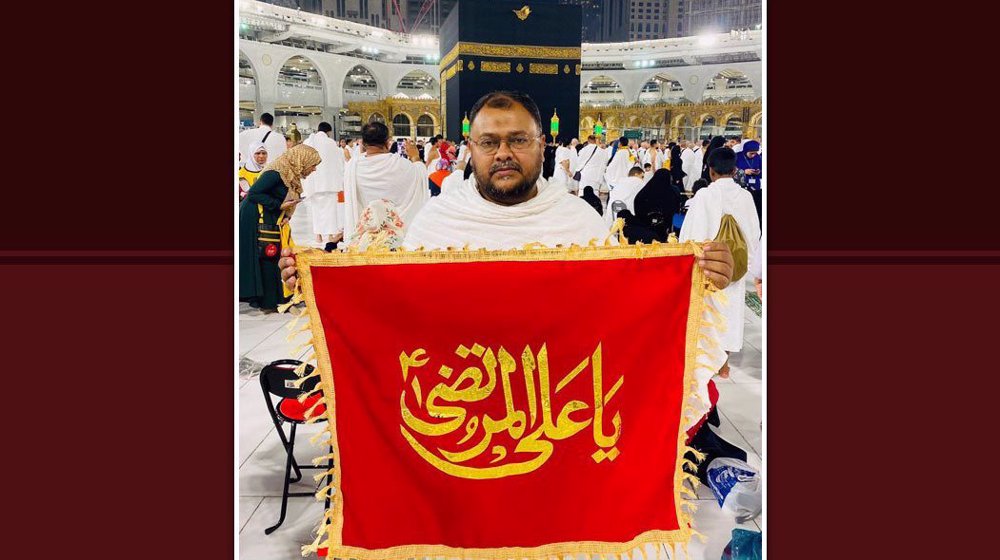
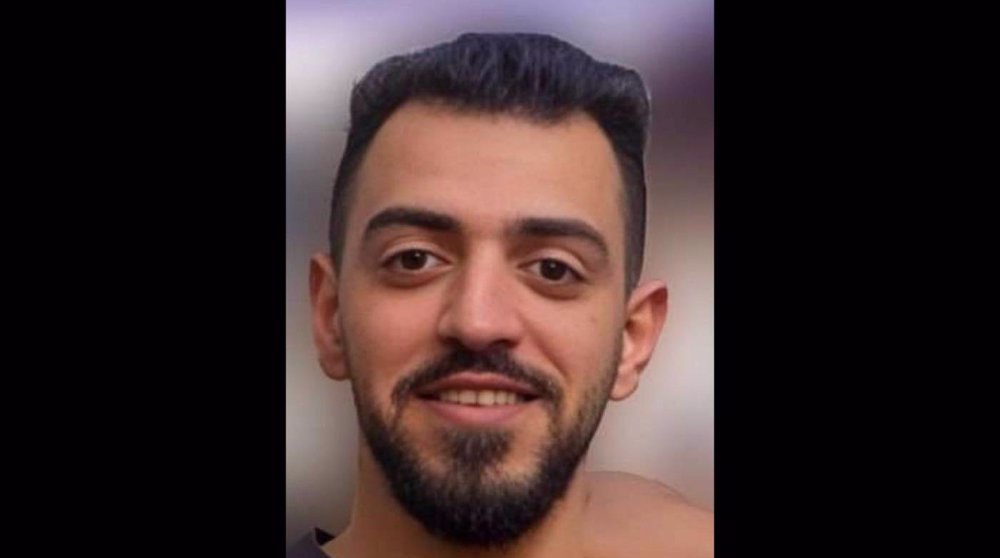
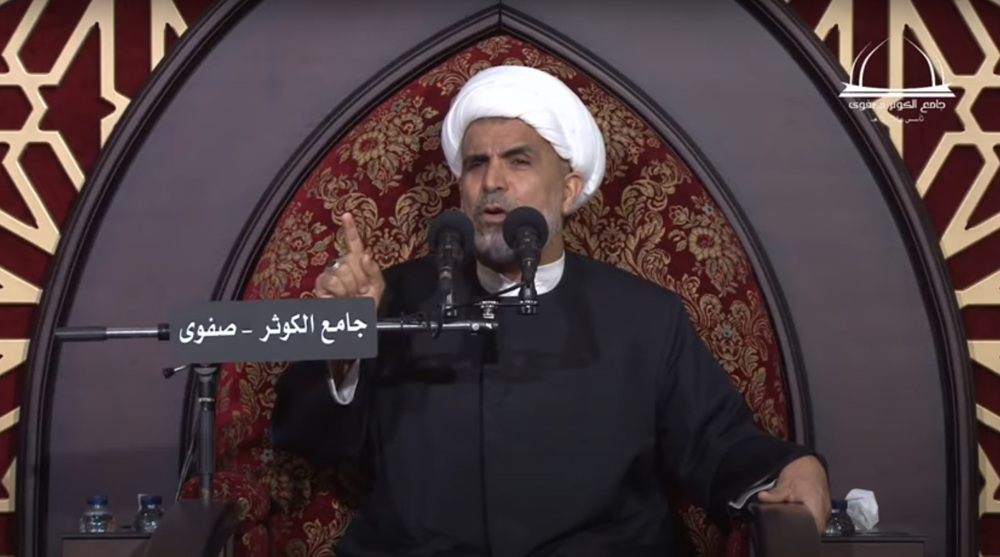
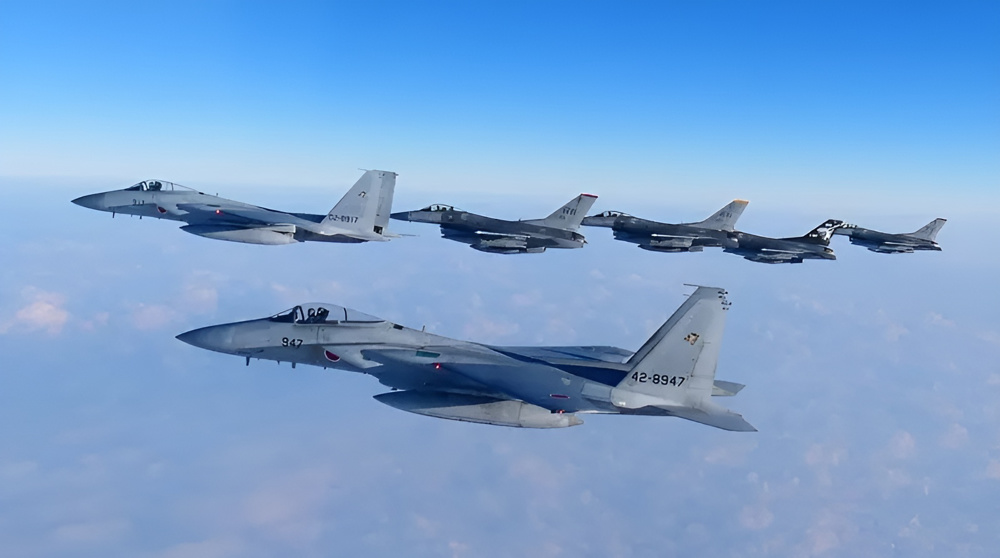

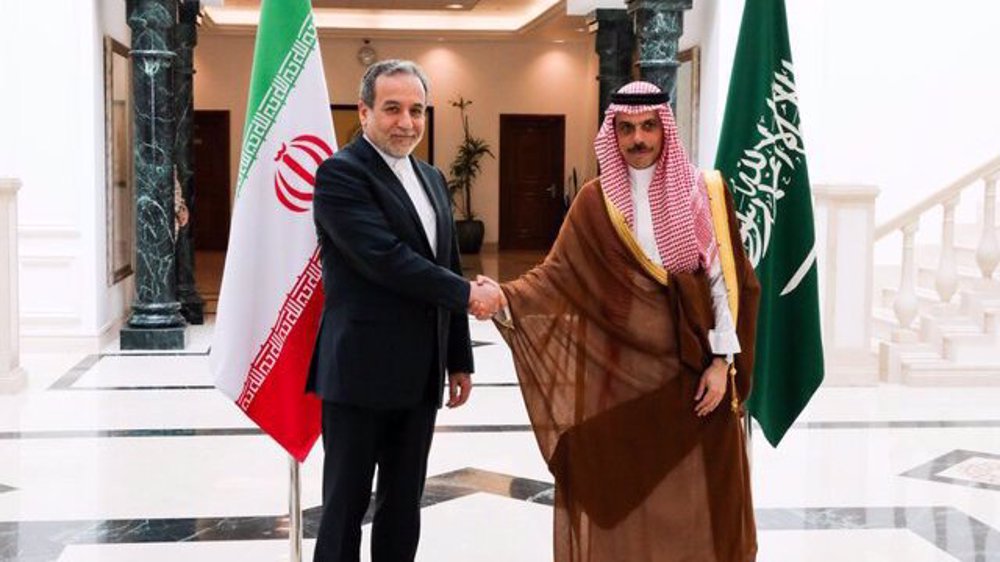



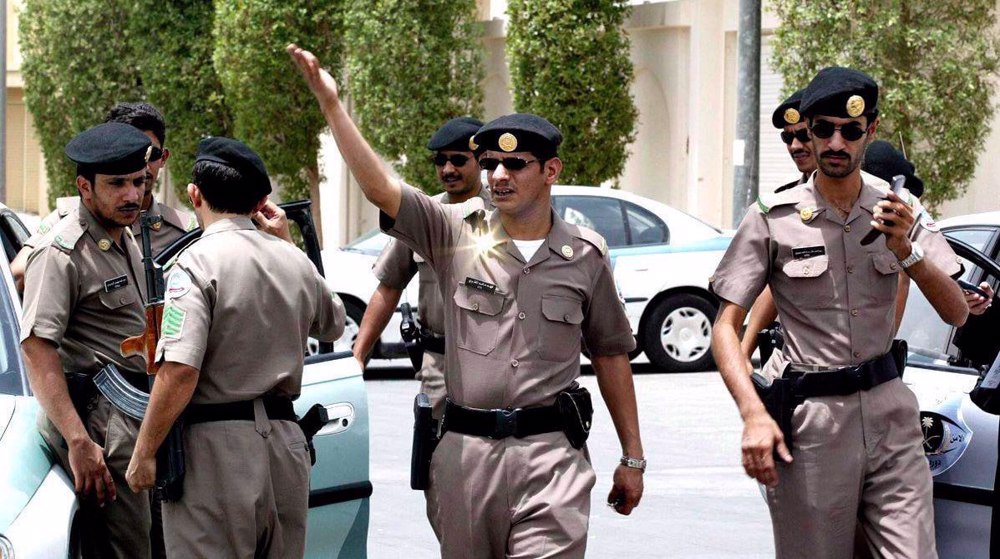
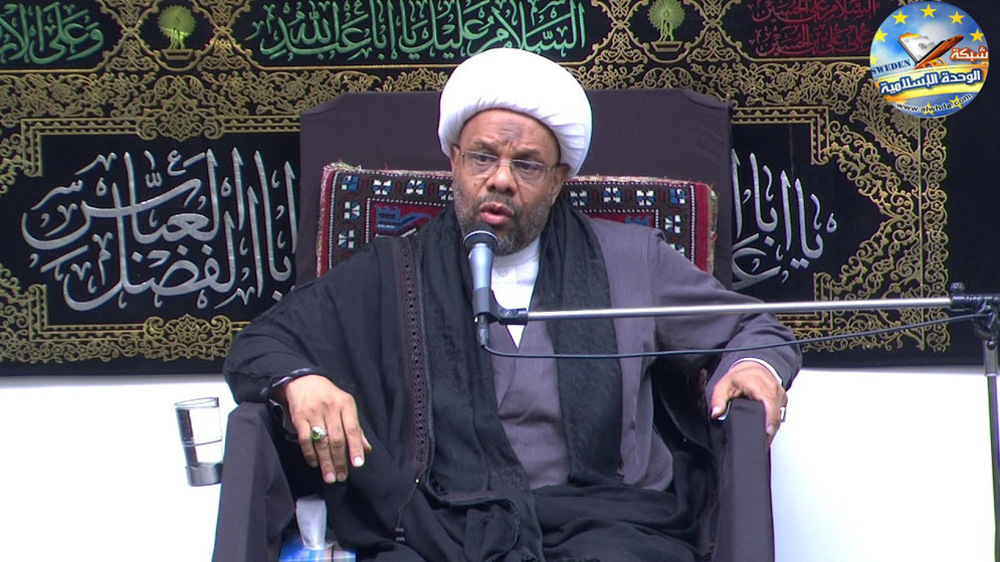
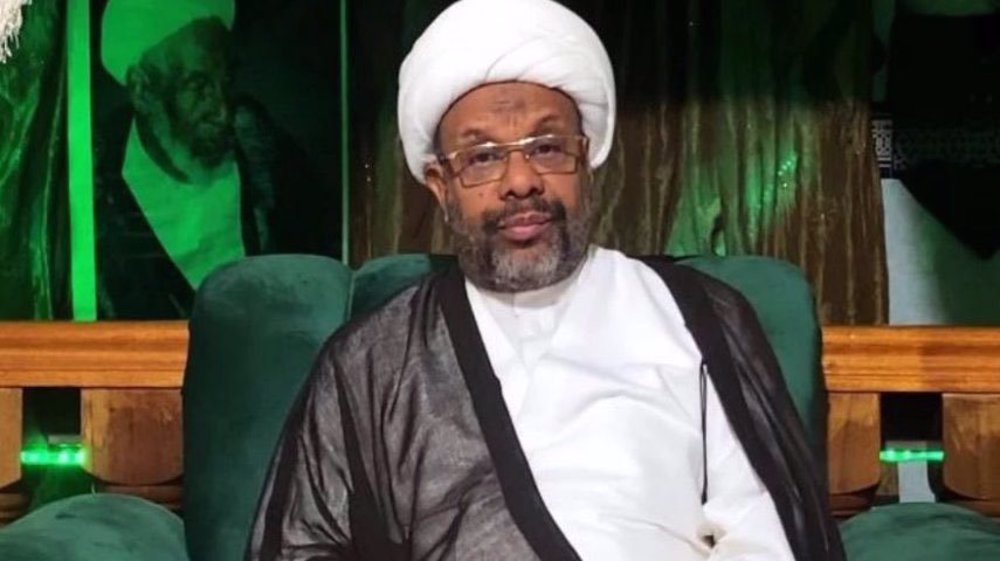
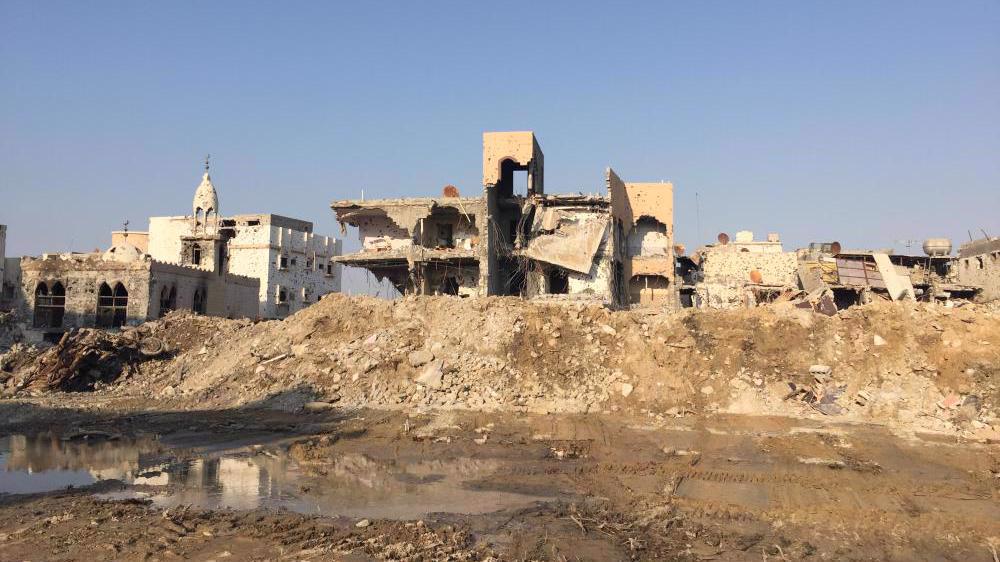
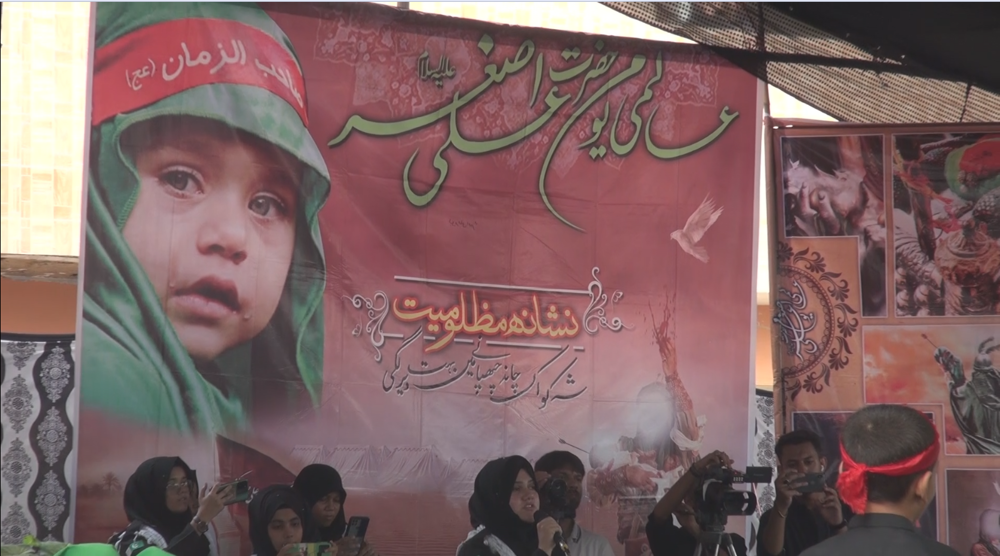
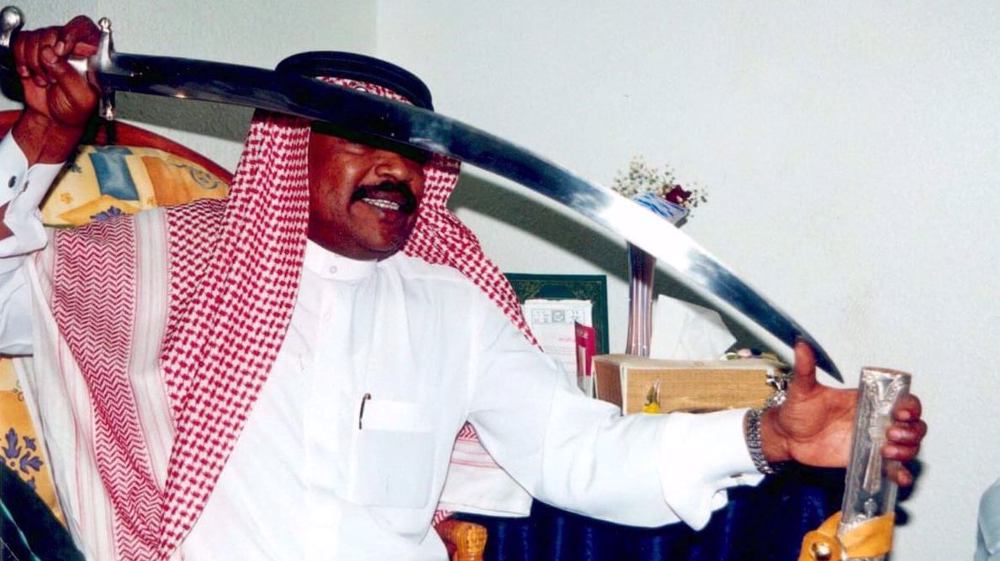

 This makes it easy to access the Press TV website
This makes it easy to access the Press TV website